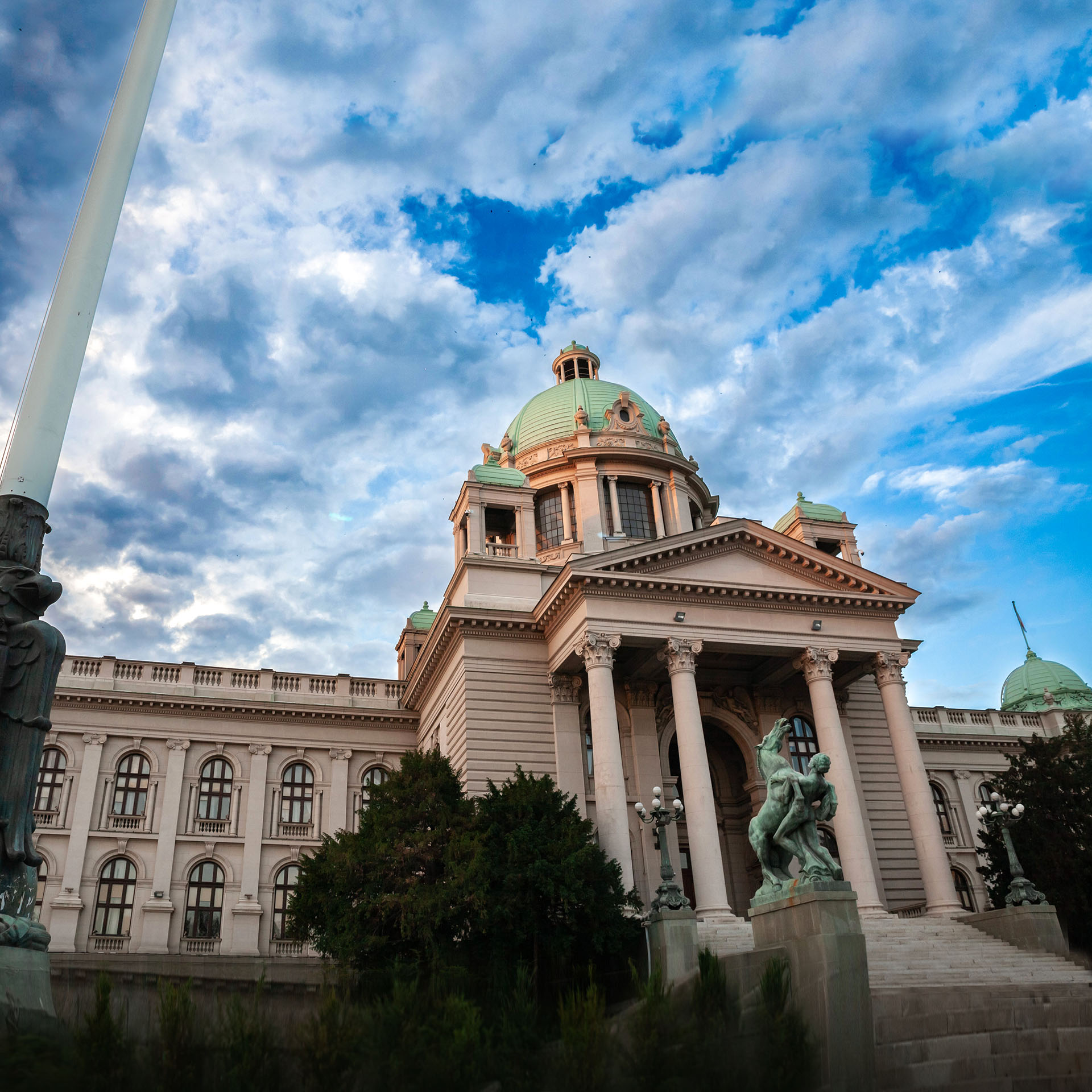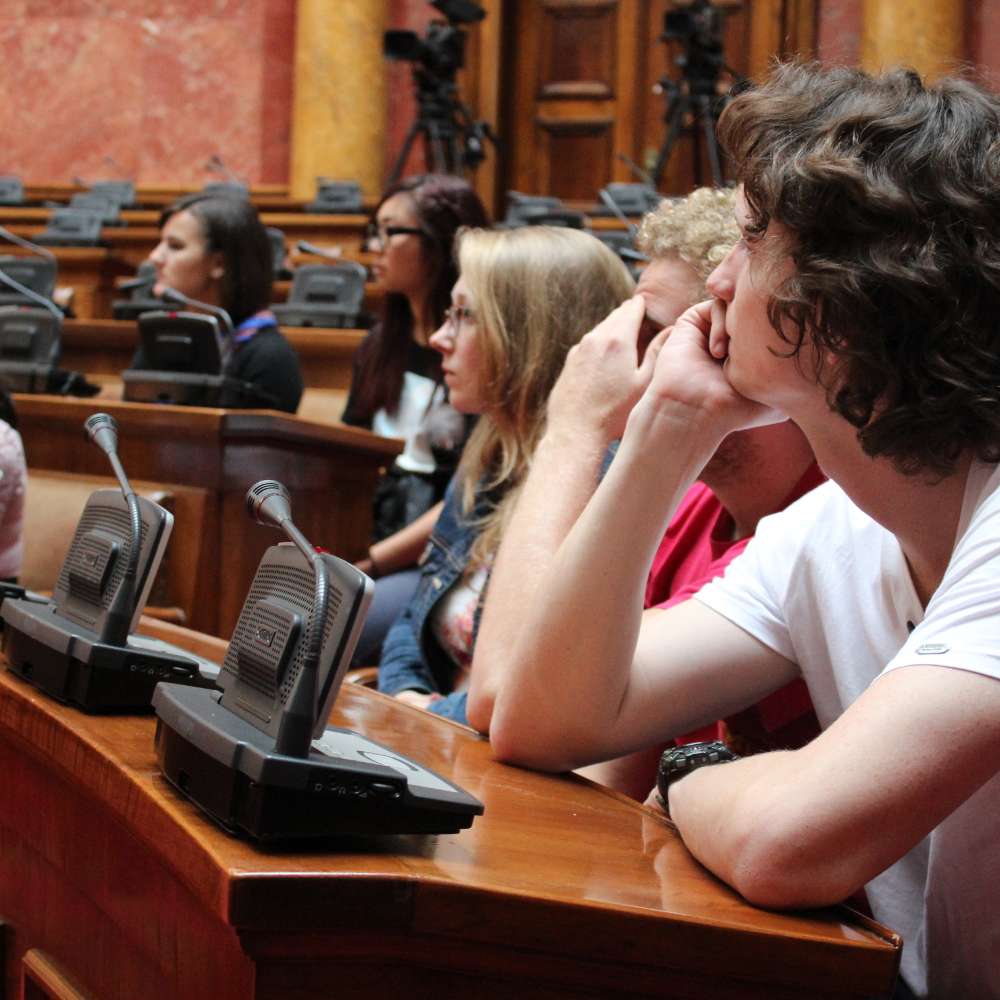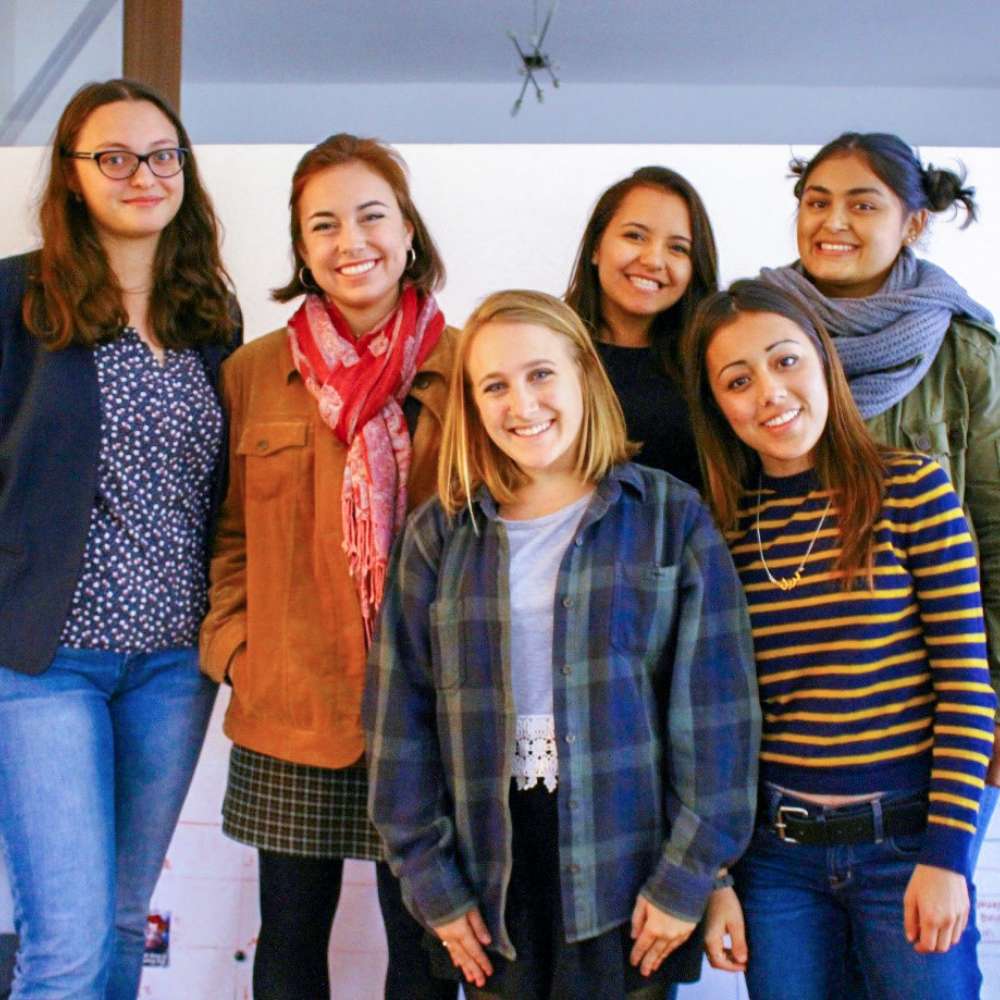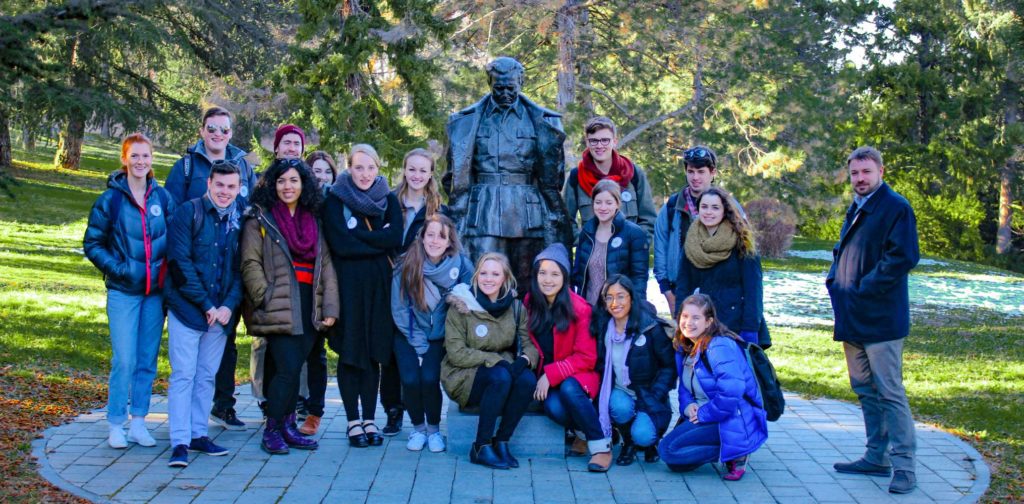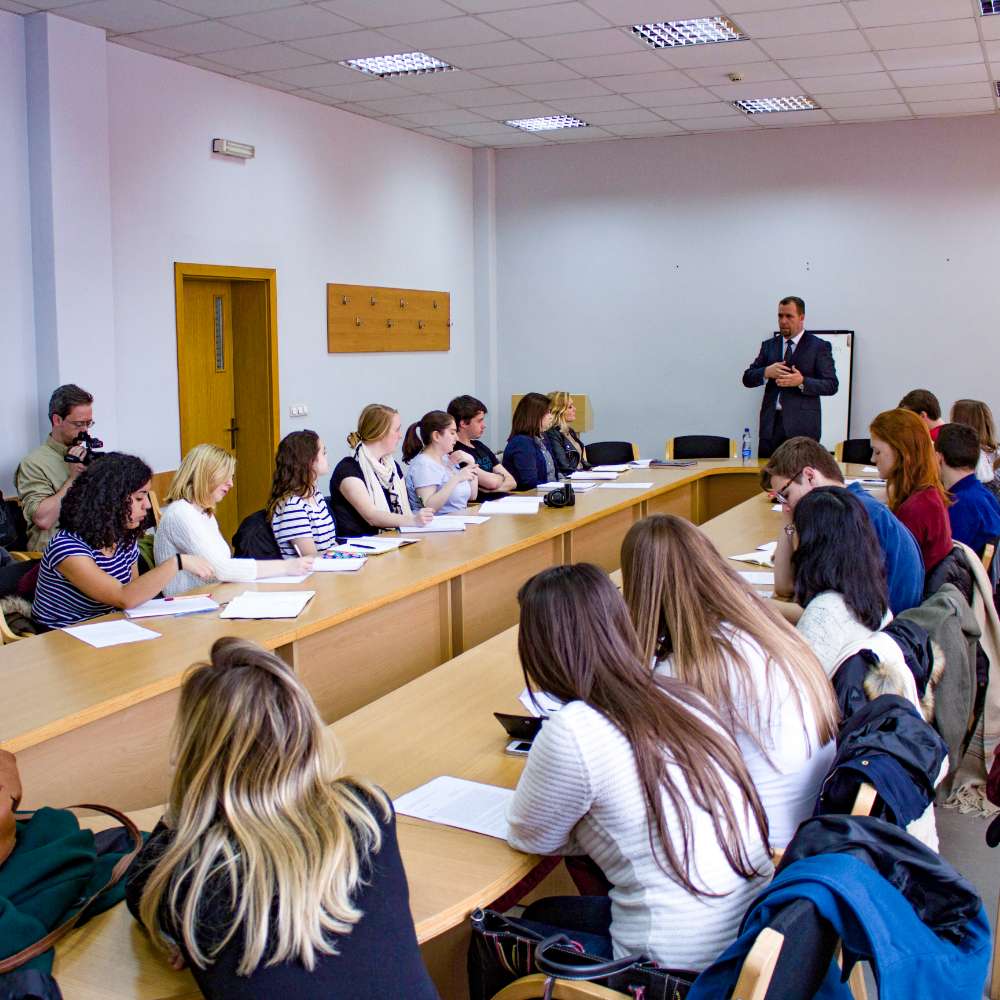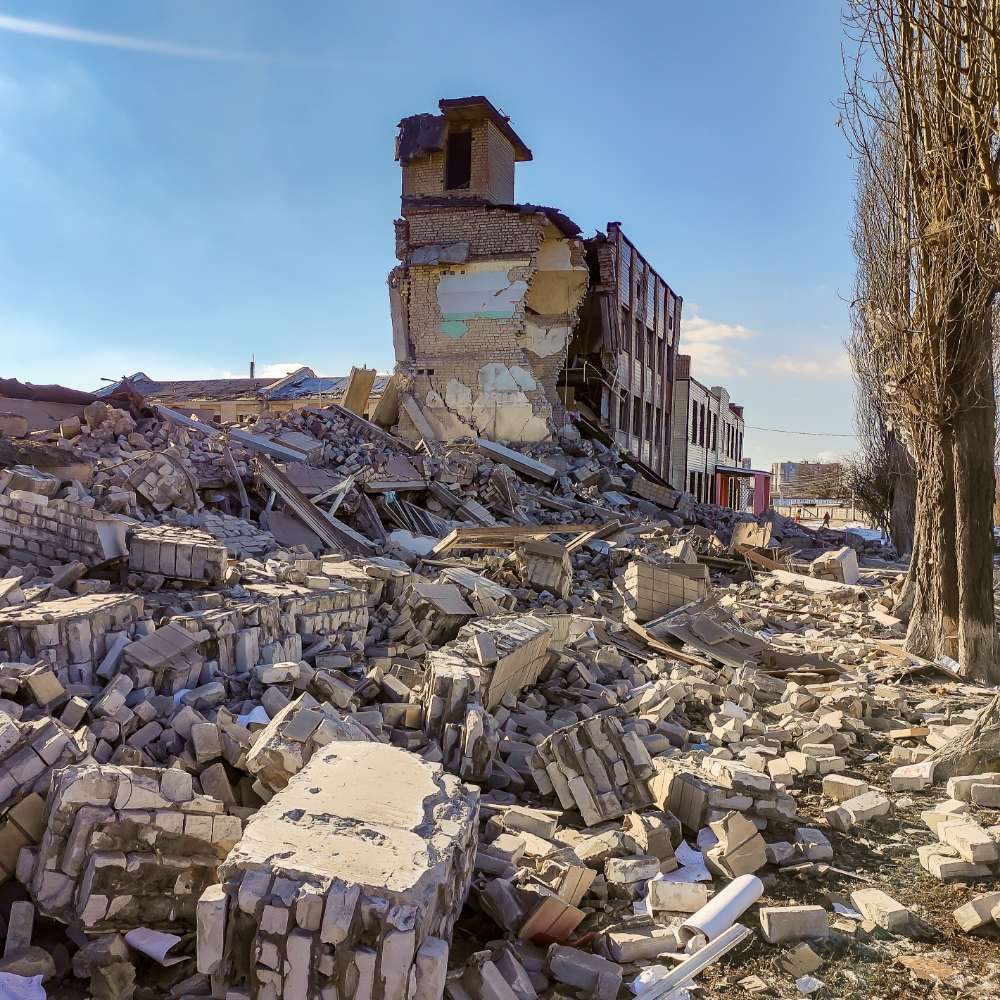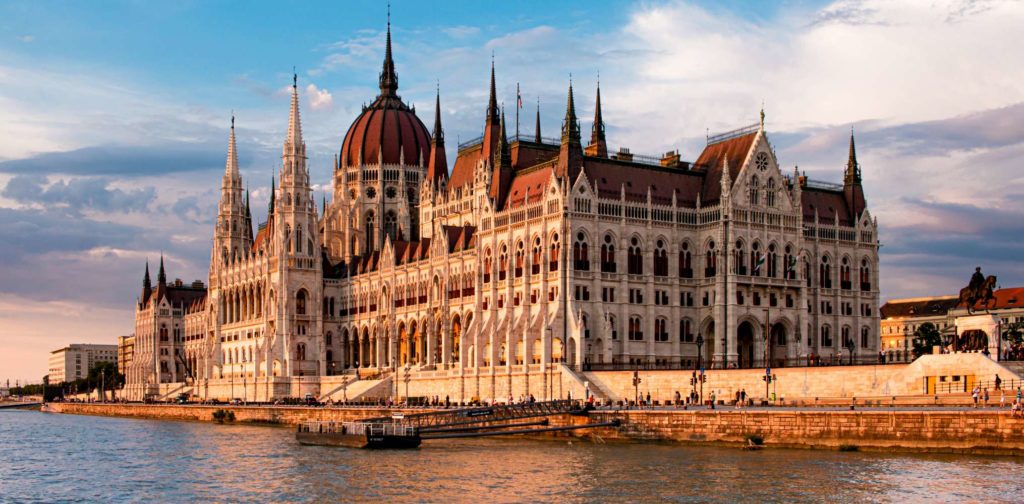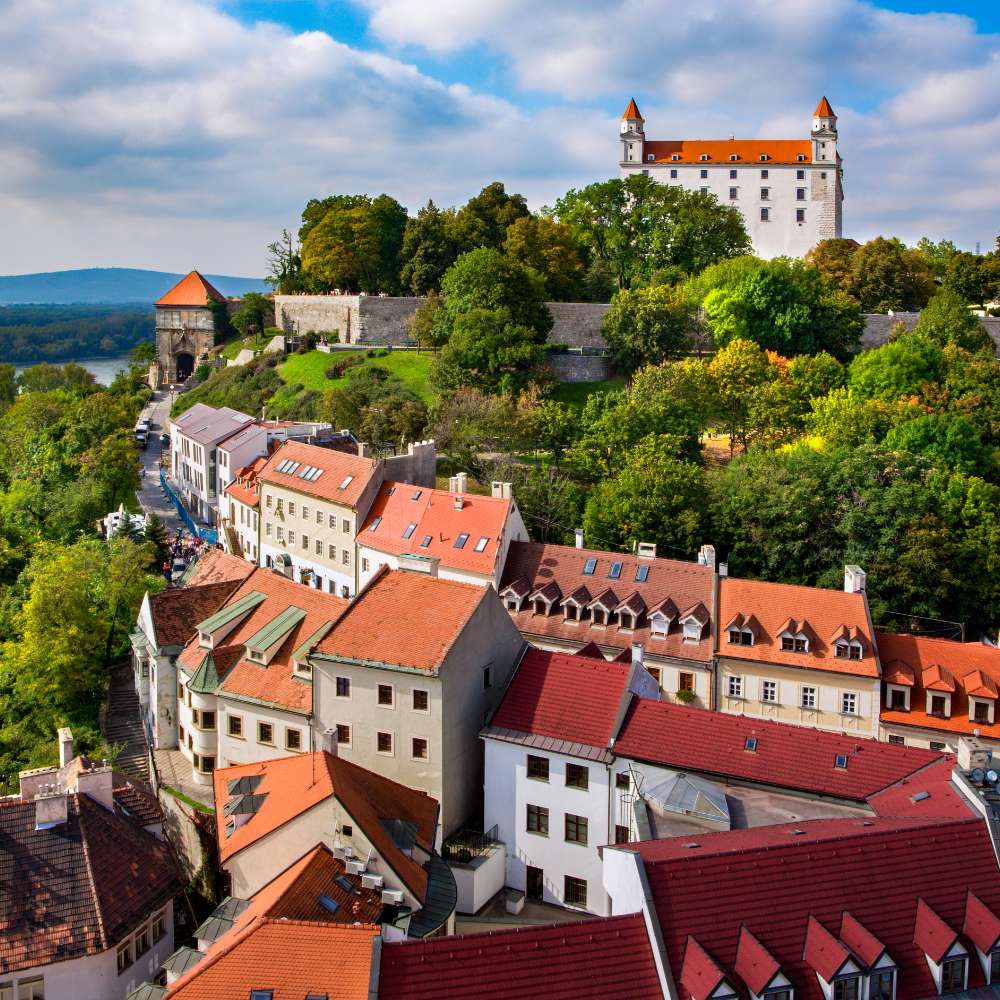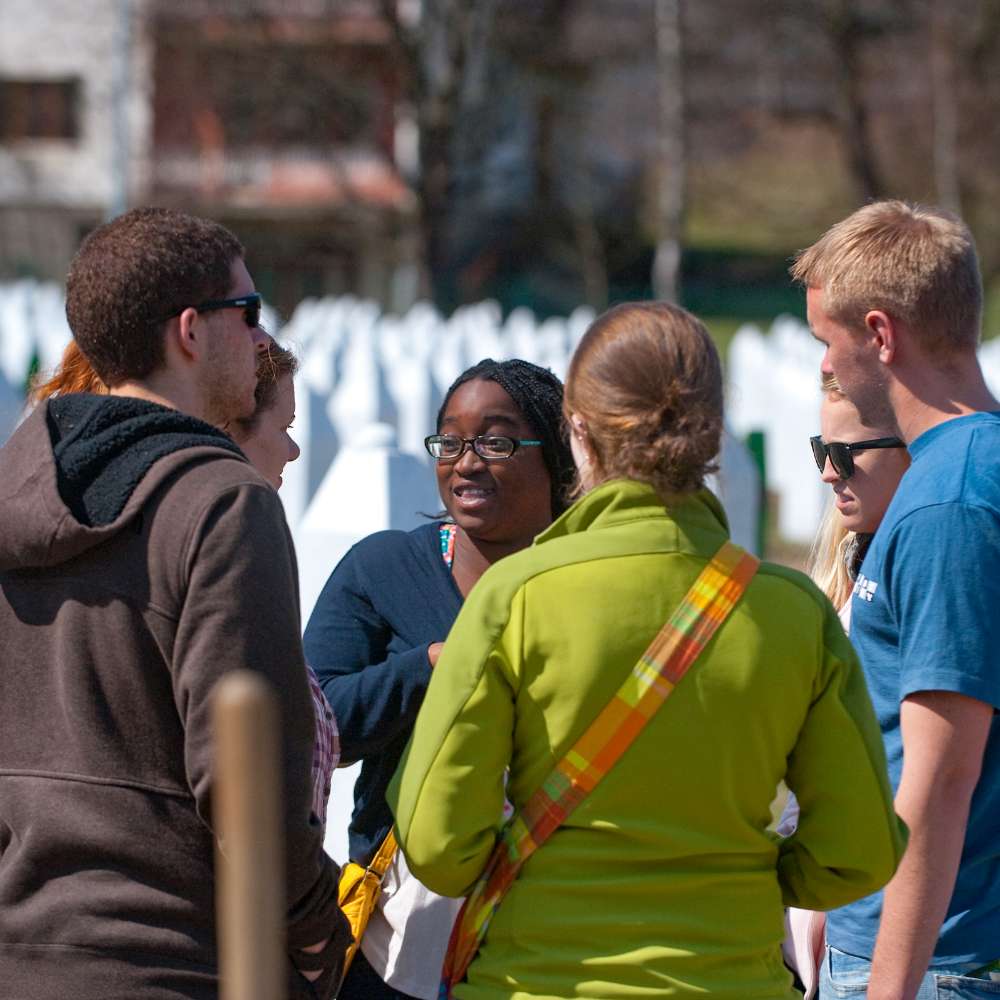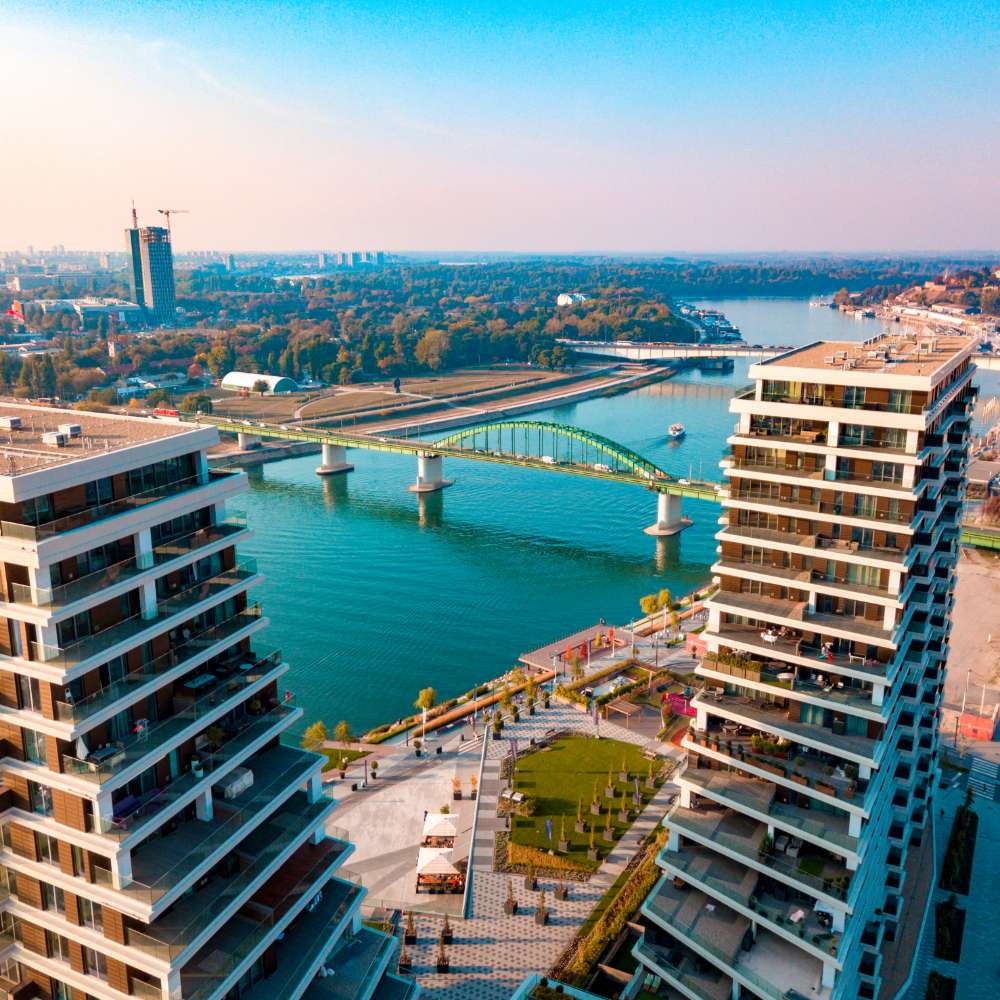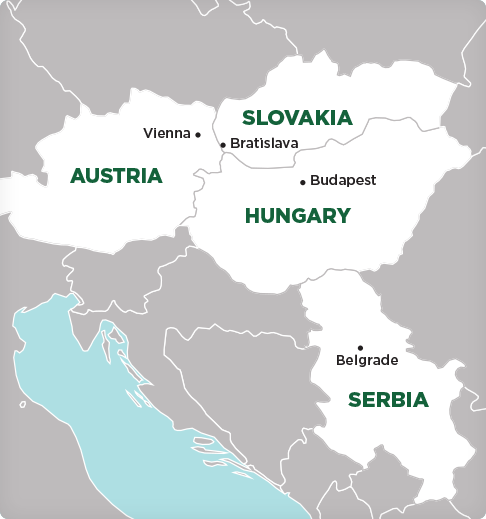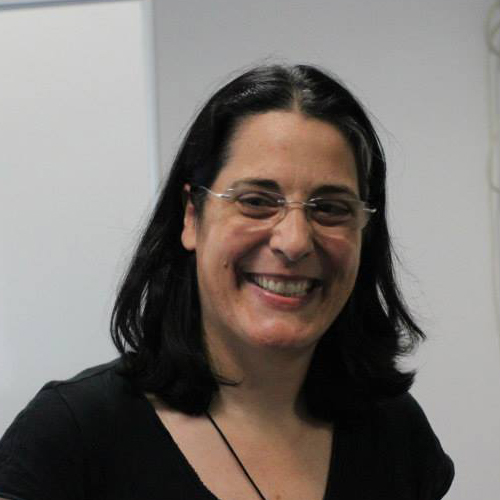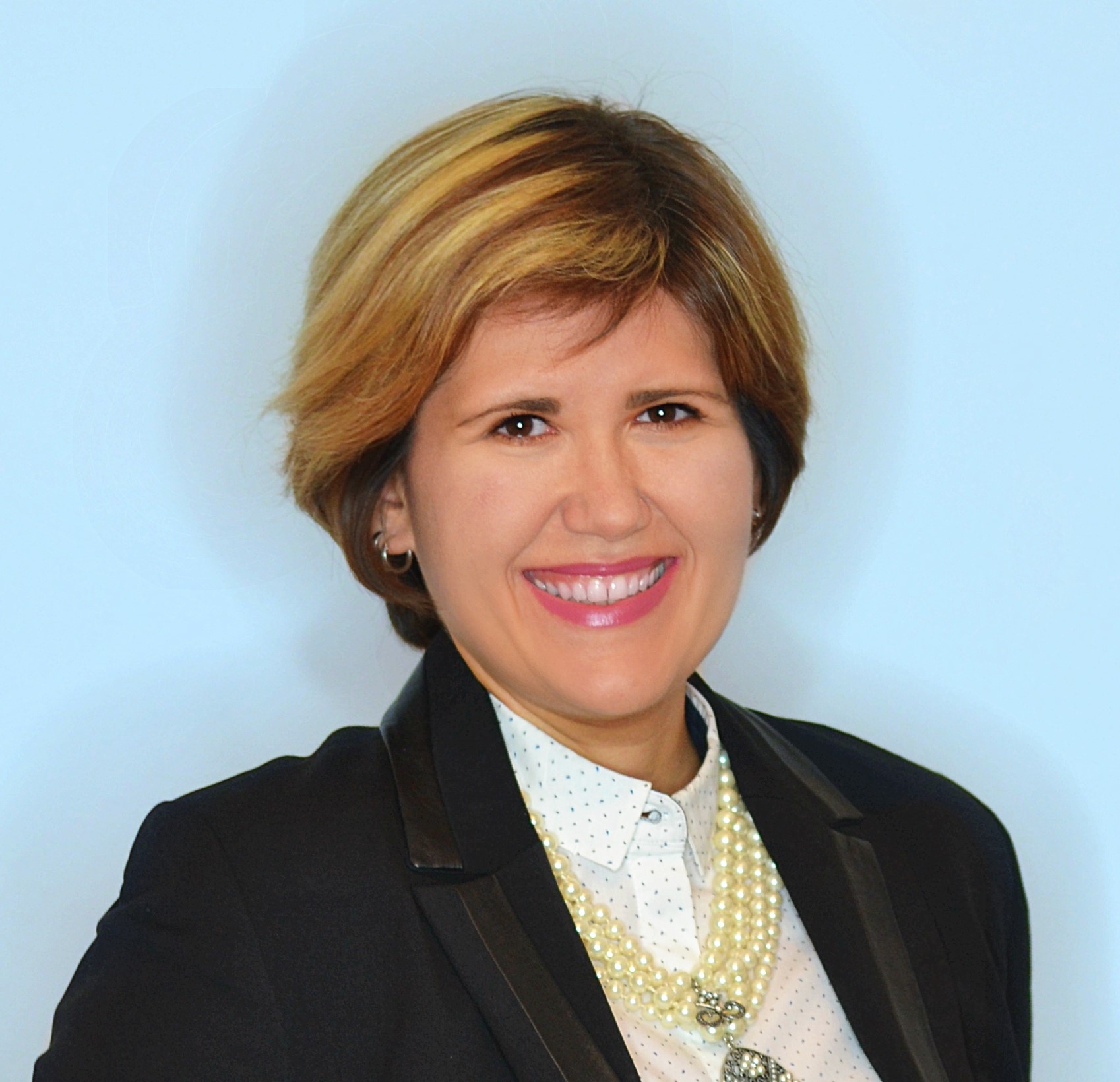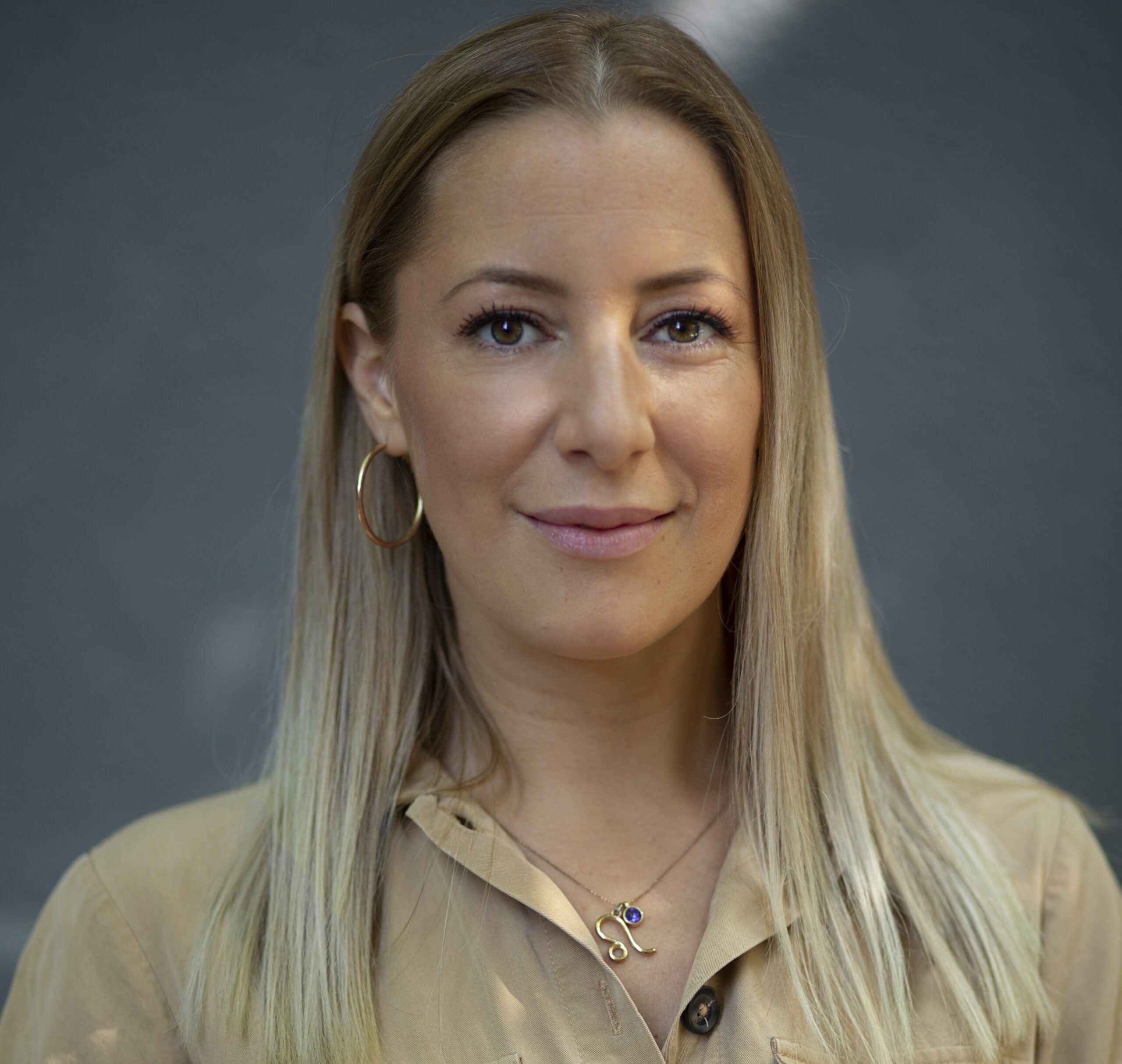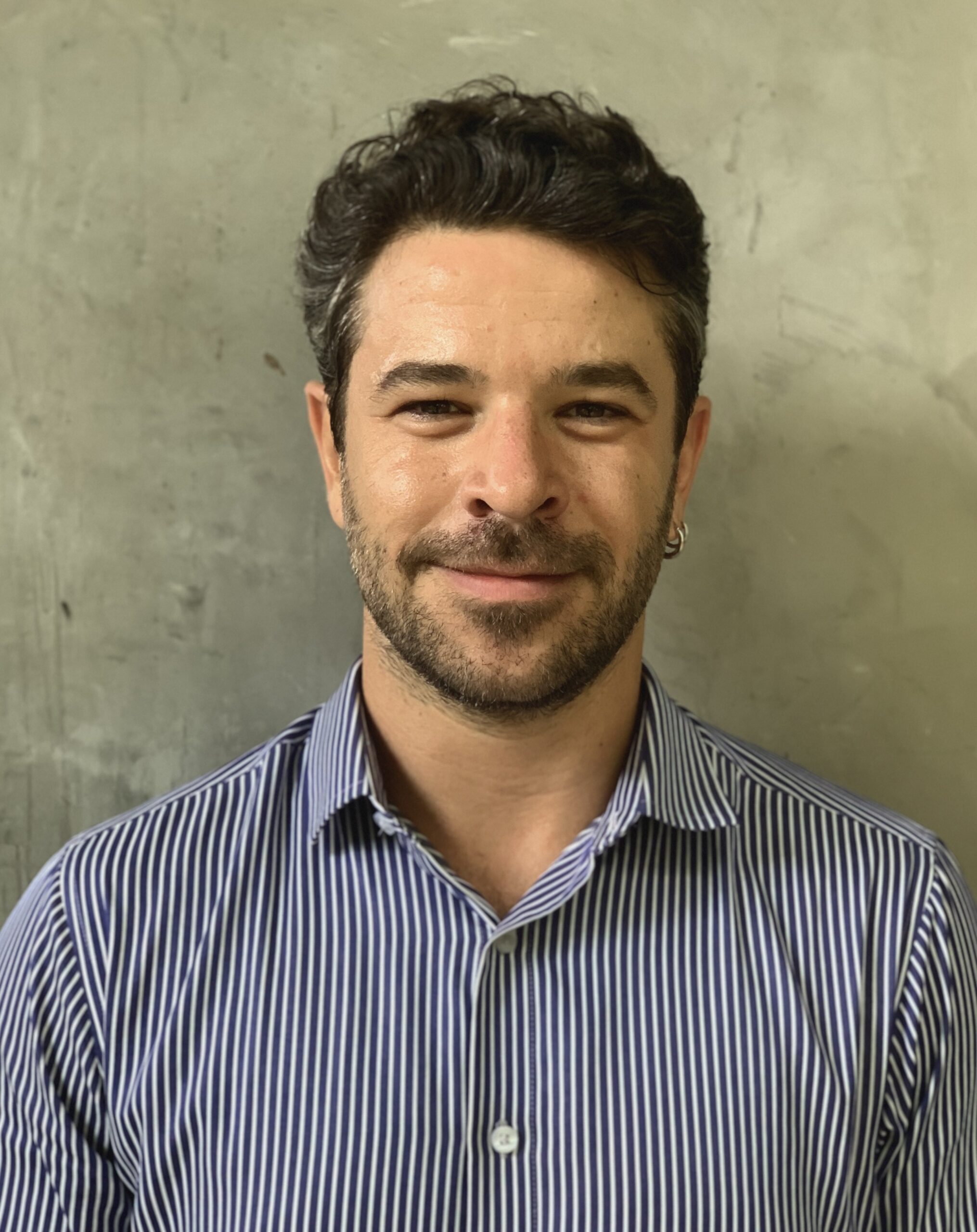Overview
Why study conflict and democracy in Belgrade, Budapest, and Vienna?
Analyze the continent’s most pressing sociopolitical and economic challenges—including the war on Ukraine—and how they intersect with issues of mass migration, refugee crises, and the rise of far-right nationalism and populism. You will examine the threat of illiberal democracies on the future of political organizing and evaluate impacts of civic engagement and social movements from the streets of large urban centers, where everyday citizens are demanding change.
The program’s base is the city of Belgrade, the largest urban and political center of southeast Europe known for its vibrant culture and nightlife. There, you will examine European perspectives on conflict and democracy through the lenses of EU member and non-member states, and grassroots and social movements that include Ukrainian refugees and Russians who fled to Belgrade to avoid the draft.
In Belgrade and during excursions to Budapest and Vienna, you will engage with EU policymakers to learn about an array of political agendas, local activist movements, and regional identities within the shifting power relations of contemporary Europe. During a day trip to Bratislava, Slovakia, become immersed in the cultural life of this beautiful and compelling central European country.
Highlights
- Travel to Vienna, Austria; Bratislava, Slovakia; and Budapest, Hungary.
- Choose to do independent field research or an internship.
- Explore European perspectives on conflict, democracy and migration in three European cities
- Meet with policymakers, experts, politicians, and activists from universities, leading think tanks and civil society organizations in Belgrade, Budapest, and Vienna.
- Gain proficiency in comparative thinking and analysis related to peace and conflict studies.
Prerequisites
None


